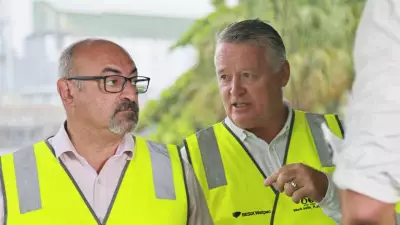
Australian travellers planning a trip to Bali could soon find their holiday spending a great deal simpler. Indonesia is proposing a major shake-up of its national currency, the rupiah, which would see three zeros removed from its value.
What the Currency Overhaul Means for Tourists
The planned reform, detailed in a new government bill, aims to streamline financial transactions for both locals and the millions of tourists who visit each year. If passed, the change is expected to be finalised by 2027.
This doesn't mean your money will buy less. The reform is a redenomination, not a devaluation. The actual purchasing power will remain identical. For example, an item that costs 100,000 rupiah today (approximately $9 AUD) would simply be relabelled as 100 rupiah.
For Australians, this eliminates a significant mental hurdle. Instead of grappling with large numbers, the calculation becomes far more straightforward. If the current exchange rate holds, you would essentially just drop one zero to get a rough Australian dollar equivalent.
A Long-Awaited Change for a Top Destination
This is not the first time such a proposal has been on the table. The Indonesian government initially submitted a similar draft to parliament back in 2013, but the plan was shelved at that time.
The rupiah is famously known for its high denominations, often requiring visitors to carry thick stacks of banknotes and perform constant mental gymnastics to understand prices in shops, markets, and restaurants.
This simplification will be a welcome change for many. Bali was the number one overseas destination for Australian travellers throughout the 2024-2025 financial year. The island's vibrant nightlife in areas like Seminyak, with its bustling streets and colourful lights, is a major drawcard, and navigating its economy is about to become less confusing.
Looking Ahead to a Simpler Bali Holiday
The potential currency reform promises to make the experience of holidaying in Bali smoother and more convenient. From haggling in markets to paying for a meal, understanding the value of goods and services will be intuitive, allowing tourists to focus more on enjoying their holiday and less on complex calculations.
While the change is not immediate, with a target date of 2027, it signals a positive step towards enhancing the travel experience in one of Australia's favourite international playgrounds.






